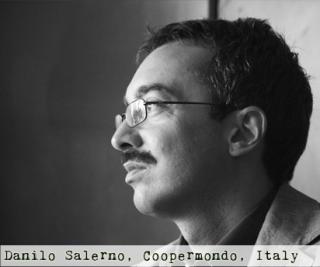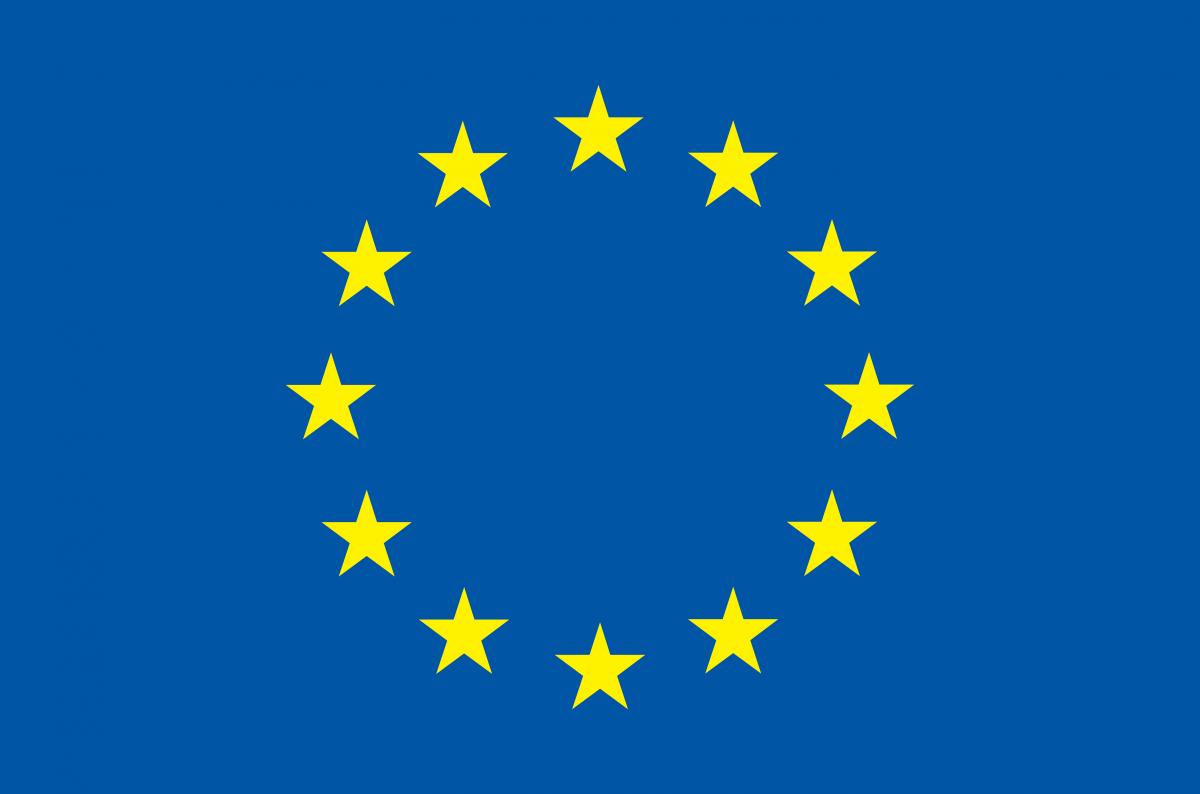Interview of Mr. Danilo Salerno, Coopermondo, Italy

The third newsletter on Cooperatives in Development pays tribute to the CEDP member Danilo Salerno, Director of Coopermondo - Confcooperative. Mr. Salerno talks us through the impact that cooperatives can have on sustainable development and shares the principles and aspirations that he envisions for the future of cooperative development
1. Coopermondo - Confcooperative has been a big part of your professional life, could you share with us the goals of your organisation and how these goals depict the cooperative principles?
Coopermondo is the NGO of Confcooperative, the Confederation of Italian Cooperatives, which brings together and represents 9 National Sectorial Federations (agriculture, housing, credit, consumers, fisheries, tourism, culture and sports, work, solidarity and health).Coopermondo’s mission is to enhance, at international level, the social and mutual character of the Italian cooperative business model by promoting economic and social sustainable development.
As a traditional NGO, Coopermondo implements its own development cooperation projects. We are developing projects in Colombia, Togo, Sierra Leone, Kenya and Mozambique at the moment. Coopermondo’s experts are specialised in training and technical assistance in order to develop and strengthen cooperatives in developing countries. It is always an exchange of experiences, where our experts also get enriched by sharing information and transferring of technologies. The latter represents the coop principle No. 5 “Education, training and information". Coopermondo operates in 8 different sectors, but it focuses mainly on agriculture, fisheries and aquaculture, credit and social cooperatives. The training and assistance always includes modules on cooperative governance, management, coops principles and benefits.
Another cooperative principle that represents Coopemorndo’s work is principle No. 6 “Cooperation among cooperatives”. Being the NGO of Confcooperative System, Coopermondo creates opportunities for its members and for all Confcooperative’s structures engaged in international cooperation. Coopermondo also advocates towards national and communitarian institutions in their name and develops joint projects where cooperatives (or consortia or federations) can put forward their technical expertise.
2. Cooperatives Europe Development Platform was an initiative of cooperatives active in development. What has triggered your interest to participate in this working group and what keeps you motivated in this respect?
It is the cooperative principle No. 6 “Cooperation among cooperatives”. The CEDP group is an extraordinary opportunity to share experiences with other organisations whose mission is to promote cooperative business model at international level and especially in developing countries. It is a great opportunity to share our knowledge and methodologies, to learn from each other and especially for realising how huge is the impact that cooperatives are having around the world. The CEDP is also the best way to network and unite for advocacy at the EU level and our own governments - for the recognition of cooperatives as a particular form of private sector engaged in international development cooperation.
3. Policy in International Development is one of your fields of expertise. The SDGs have been launched last year and now it is time for their implementation. Could you target a specific goal where you believe that the cooperative movement has a great potential to succeed?
I believe SDG 8 "Promote sustained, inclusive and sustainable economic growth, full and productive employment and decent work for all” (Decent work and economic growth) is the goal that best summarizes all the characteristics that a cooperative brings along. First of all, coops are forms of enterprises and they contribute significantly to the global economic work (World Cooperative Monitor, 2016). But for their special characteristics - such as being member owned, governed democratically, based on local and community’s needs that put people at the centre of the business and not capital - they are businesses that promote a sustainable and inclusive economic growth. It is the concept embedded in the idea of decent work: a job that considers people as human beings with their own personalities, needs, families, going beyond mere work.
Then, Coopermondo is an NGO whose mission is also to contribute to the challenge of ending poverty. Therefore, I strongly believe cooperatives give a huge contribution to SDG 2 "End hunger, achieve food security and improved nutrition and promote sustainable agriculture”. Agriculture is the main source of income in developing countries and more than 82% of owned land is less than 2 hectares. Thus the cooperative business model is an incredible tool to join resources together in order to develop the businesses, invest in technologies, get access to credit and improve selling conditions for many farmers.
4. Your personal interests range from migration and youth to economic growth and social economy. If you had the chance to scale up your personal aspirations combining it with international cooperative development, what would be the best combination?
Personally, I believe the cooperative model is the best way to make development really sustainable (economically, environmentally) and inclusive (socially). I have a dream: for the ICA to invest in a global platform dealing with the themes of international development, where both policies and projects on the field could be designed, where young co-operators could be trained, where innovative ideas for fighting against poverty could be inspired. A sort of NGO of the global cooperative movement that could enhance work, expertise and knowledge already existing into our movement (i.e. CEDP. OCDC etc.) under a high-profile personality guidance of the ICA.
Contact
Cooperatives Europe
Avenue Milcamps 105
B - 1030 Bruxelles
VAT: BE 0879.795.938
+32 2 743 10 33
www.coopseurope.coop

This website has been co-funded by the European Union. The content of this website is the sole responsibility of Cooperatives Europe and can in no way be taken to reflect the views of the European Union
